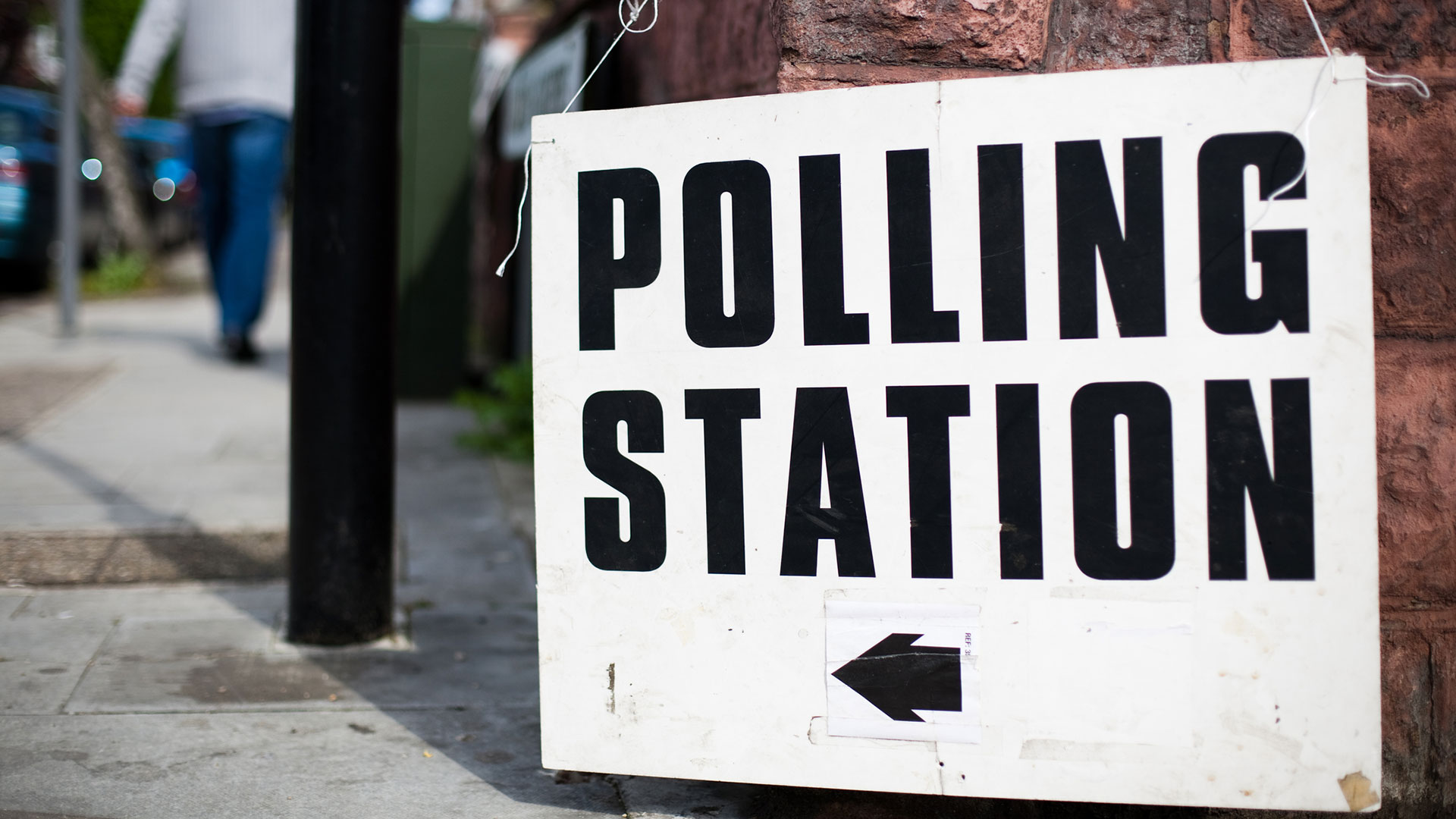As the founder of Shout Out UK, a social enterprise that runs political and media literacy programmes, it would be easy to feel discouraged by the results of the latest UK social attitudes survey. Sadly, these show that Britons’ faith in our politicians and media has fallen to an all-time low. For me though, this growing disillusionment with mainstream politics, which can too often be exploited by those holding extremist views, only highlights the importance of our mission at Shout Out UK.
Since 2015, we’ve been working in the UK and around the world to increase young people’s engagement with democracy and to increase their resilience to disinformation. Our educational programmes teach practical media literacy techniques, arming today’s digital citizens with the tools they need to seek out quality information and make informed decisions, a topic that is imperative to a functioning democracy.
- ‘Democracy is stronger when more people take part’: Voter ID may stop millions from voting in 2024
- Are we headed for a low-turnout general election? Why poverty and mistrust mean voters staying home
Our current short-term goal is to encourage participation in the UK general election, particularly among historically underrepresented groups such as members of poorer households and the 18-24 age group. Our biggest ever digital campaign, #BallotBound delivered hundreds of thousands of young people to the government’s voter registration web page, prior to the 18 June deadline. We’re working flat out with partners such as Big Issue and others to spread the word and give young voters the crucial info they need to vote for their local representative this summer.
A bigger question though, and one we think about every day at Shout Out UK, is how to show people the value of engaging with the democratic process in the first place, after all democracy doesn’t end at the ballot box, it starts there. In the UK, years of political turmoil have fuelled not just a dearth of trust in politicians and the media, but striking levels of voter apathy. A recent YouGov poll found ‘lack of trust in politicians’ was the top reason behind the decision not to vote. A depressing state of affairs as we near a crucial election which will determine the direction of UK policy for the next five years.
Many voters feel overwhelmed by the seriousness of the issues facing the country: the cost of living crisis, climate change, a faltering NHS, rising international crises – it’s a scary list. Who can blame people if they prefer to spend an hour scrolling cat clips on the internet rather than diving into those lengthy party manifestos? For those facing structural barriers to voting such as lack of internet access or voter ID, or homelessness, the desire to switch off from politics may be particularly strong.
What’s more, in an era where many young people now use social media to keep up with news content, there is a real danger of falling for emotionally manipulative political misinformation, often amplified by algorithmic bias. The BBC has reported that young people have already been targeted with misleading political content during this election campaign, including fake AI-generated videos of Rishi Sunak.









